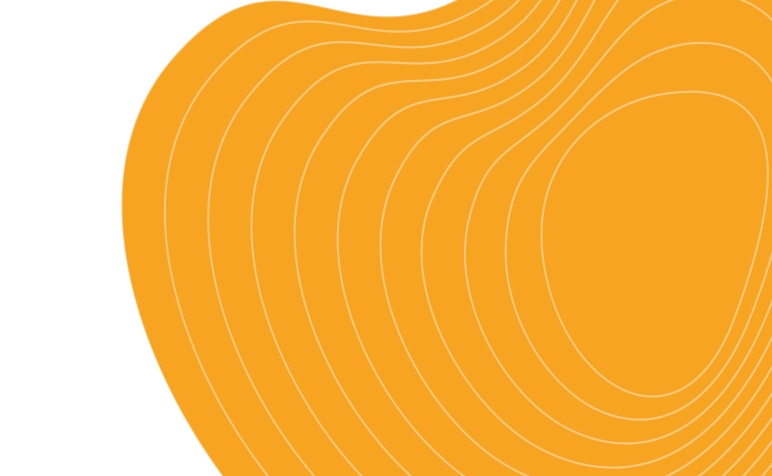
A degree in Social Services equips students with the skills and knowledge to assist individuals and communities in addressing social, economic, and health-related challenges. Programs emphasize both theoretical understanding and practical skills, preparing graduates to work effectively within diverse and often vulnerable populations. Below is an overview of the core courses typically included in a Social Services degree, along with elective options and common career paths for graduates in this field.
Core Courses in a Social Services Degree
Introduction to Social Services - Covers foundational concepts, the history of social work, and the roles of social service professionals.
Human Behavior and Social Environment - Examines the biological, psychological, and social factors that influence human behavior in various contexts.
Diversity and Cultural Competency - Teaches the importance of cultural awareness and strategies for providing equitable services across different demographics.
Social Welfare Policy and Advocacy - Analyzes social welfare policies, their impacts, and methods for advocating for policy improvements.
Case Management - Focuses on the skills required for client assessment, planning, implementation, and follow-up in social services.
Ethics in Social Work - Discusses ethical principles in social work, including confidentiality, professionalism, and ethical dilemmas.
Crisis Intervention - Prepares students to manage and support individuals in crisis, addressing immediate needs and long-term solutions.
Research Methods in Social Services - Introduces research techniques and data analysis tools for evaluating social service programs and interventions.
Mental Health and Substance Abuse Services - Explores mental health issues and substance abuse, including prevention, intervention, and support techniques.
Community Organization and Development - Teaches methods for empowering communities, organizing resources, and developing social programs.
Electives for Specialization in Social Services
Child and Family Services - Focuses on the unique needs of children and families, including child welfare, foster care, and family counseling.
Gerontology and Elder Care - Covers the challenges and services associated with aging populations, from healthcare to social support.
Healthcare Social Services - Explores social services within healthcare settings, including patient advocacy and care coordination.
Youth and School Social Work - Addresses the role of social services in educational settings, from behavioral support to academic assistance.
Substance Abuse Counseling - Examines the causes, effects, and treatment methods for substance abuse, focusing on rehabilitation and support.
Common Career Paths for Social Services Graduates
- Social Worker (in schools, healthcare, or community organizations)
- Case Manager (working with individuals or families for resource coordination)
- Community Outreach Coordinator (focused on building partnerships and services within communities)
- Mental Health Counselor (supporting clients in managing mental health challenges)
- Child Welfare Specialist (working with at-risk children and families)
Social Services: Impactful Work
A Social Services degree provides a comprehensive foundation in both the theory and practice of supporting individuals and communities in need. Core courses offer students essential skills in human behavior, crisis intervention, and ethics, while electives allow for specialization in fields like healthcare, elder care, and youth services. Graduates enter a range of impactful roles, from social work to community outreach, ready to make a difference in the lives of others.
Do you want to learn about more career paths? Explore all programs.





